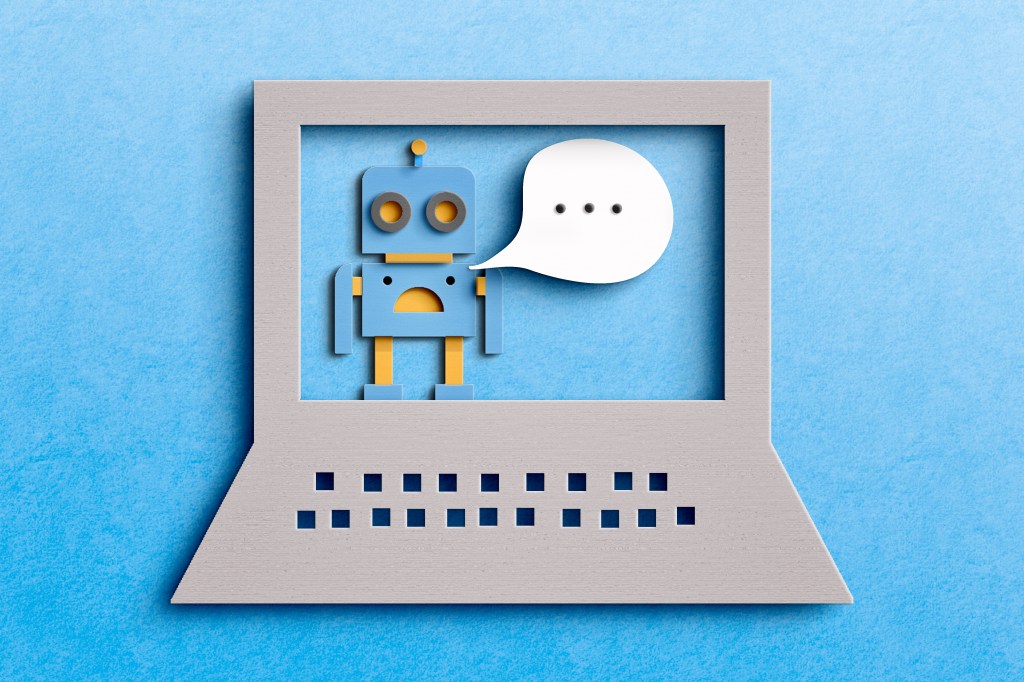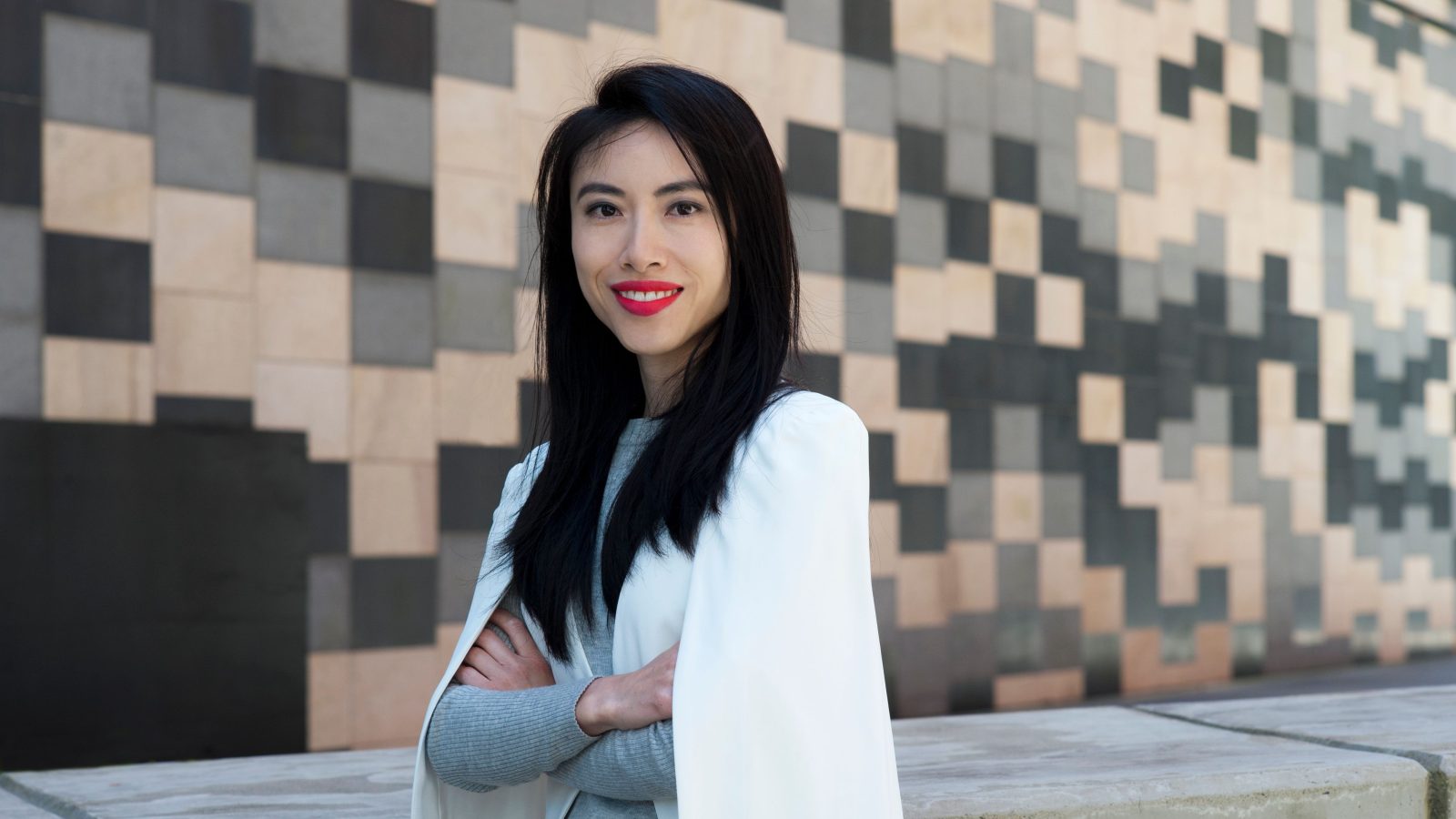Almost two-thirds of Australians believe there are not enough safeguards, laws and regulations in place to make the use of AI safe in the workplace.

ChatGPT and the varied offerings from other Big Tech providers have highlighted the transformative power and challenges AI tools can pose at work.
A 17-country study reveals how much and in what ways we trust AI in the workplace, how we view the risks and benefits, and what is expected for AI to be trusted. The Trust in Artificial Intelligence global research study completed by University of Queensland Business School and KPMG surveyed 17,000+ people and indicates that only half are willing to trust AI at work.
Most are comfortable with workplace AI to augment and automate tasks, but less comfortable when AI is focused on them as employees to monitor, evaluate and recruit.
Less than one third believe AI will create more jobs than it will eliminate. People in western countries are among the least trusting of AI use at work, whereas those in emerging economies are more comfortable, and almost two-thirds (65%) of Australians believe there are not enough safeguards, laws and regulations in place to make the use of AI safe and expect a dedicated independent regulator to monitor AI usage across a variety of sectors, rather than reliance on industry governance.
The analysis suggests the varying levels in trust and acceptance across countries largely reflect three key factors:
- Differences in the perceived benefits of AI and the extent to which they outweigh potential risks: people in western countries and Japan are generally less convinced of the benefits of AI, and together with South Korea and Israel, less likely to believe the benefits of AI outweigh the risks, compared to people in the BICS countries and Singapore.
- Perceptions of institutional safeguards: there are differences across countries in the perceived adequacy of safeguards and regulations to make AI use safe, and confidence in the institutions responsible for this. Fewer people in western countries, Japan, South Korea and Israel view current laws and regulations for safeguarding AI as sufficient, and report less confidence in companies to develop, use and govern AI, compared to people in Brazil, India, China and Singapore.
- Familiarity and understanding of AI: people in western countries generally report less use of AI at work, and lower use and knowledge of AI in common applications, compared to people in the BICS countries and Singapore.
The findings of this global survey provide a clear overview of the current and future challenges to trust and acceptance of AI systems, as well as opportunities for overcoming these challenges.
THE LIST
“Given the rapid and widespread deployment of AI, it will be important to regularly re-examine public trust and expectations of AI systems as they evolve over time, to ensure AI use is aligned with and meeting changing societal expectations,” the study says.
Florian Douetteau is the Chief Executive Officer and co-founder of Dataiku, the platform for Everyday AI, democratising access to data science and enabling enterprises around the world to build their own journey with Artificial Intelligence. The company has raised $600 million at a $3.7 billion valuation in their most recent Series F funding round in December 2022.
Douetteau started Dataiku in 2013 out of his passion for data, machine learning and people. He envisioned a future for businesses with AI becoming mainstream through the collaborative effort of everyone in the company, not just data scientists or technical experts.
“We are focused on being the company that helps businesses to get it done,” Douetteau says in an interview with Forbes Australia. “We leverage existing business expertise, only through AI and across a company, not just through a technologist.”

He says the landscape has evolved dramatically over the past 10 years, from big data trying to find capacity to store information to cloud technology that has reduced costs.
“There is a conviction now across all industries that this can be a more efficient way of doing things in some areas of a business. We have the expertise to leverage AI to increase those efficiencies.”
Douetteau says the uses of AI have been “underestimated” and can give back time for the business to be more creative rather than overwhelmed by everyday reporting and researching of data.
“We are moving things forward with new technology where it can be used for the business advantage and facilitate decision making with data,” he says.
How brands are using AI
AI is rapidly changing the way people communicate and create and brands are no exception.
Bain & Company has agreed a services alliance with OpenAI to help enterprise clients identify and realise the full potential and maximum value of AI, with The Coca-Cola Company announced as the first business to use the system.
OpenAI is the research and deployment company behind the AI systems ChatGPT, DALL·E and Codex.
The alliance builds on Bain’s adoption of OpenAI technologies for its 18,000-strong multi-disciplinary team of knowledge workers.
Over the past year, Bain has embedded OpenAI technologies into its internal knowledge management systems, research, and processes to improve efficiency. Given the early successes of those initiatives, Bain and OpenAI are working together to bring OpenAI’s groundbreaking capabilities to its clients globally.
“AI has reached an inflection point and we foresee a huge wave of change and innovation for our clients across industries. We see this as an industrial revolution for knowledge work, and a moment where all our clients will need to rethink their business architectures and adapt,” says Manny Maceda, Bain & Company’s Worldwide Managing Partner.
Maceda says that by collaborating with OpenAI, there will be “unmatched access to state-of-the-art foundation AI models, so that we can create tailored digital solutions for our clients and help them realize business value”.
Zack Kass, Head of Go-To-Market at OpenAI says, “Coca-Cola’s vision for the adoption of OpenAI’s technology is the most ambitious we have seen of any consumer products company.”
James Quincey, Chairman and CEO of The Coca-Cola Company says the company sees opportunities to enhance its marketing, along with exploring ways to improve business operations and capabilities.
Smaller e-commerce businesses are finding ways to use AI in their own way. Kayla Houlihan, tribe skincare founder, detailed five ways she was using ChatGPT this week on a LinkedIn post: product descriptions, creative names for a secret project, PR/media pitches, employment contracts, brand bible revisit.
Houlihan describes the tool as “surprisingly good” and “great for writer’s block”, but adds it needs fact checking and doesn’t have an accurate tone of voice.
Look back on the week that was with hand-picked articles from Australia and around the world. Sign up to the Forbes Australia newsletter here.



